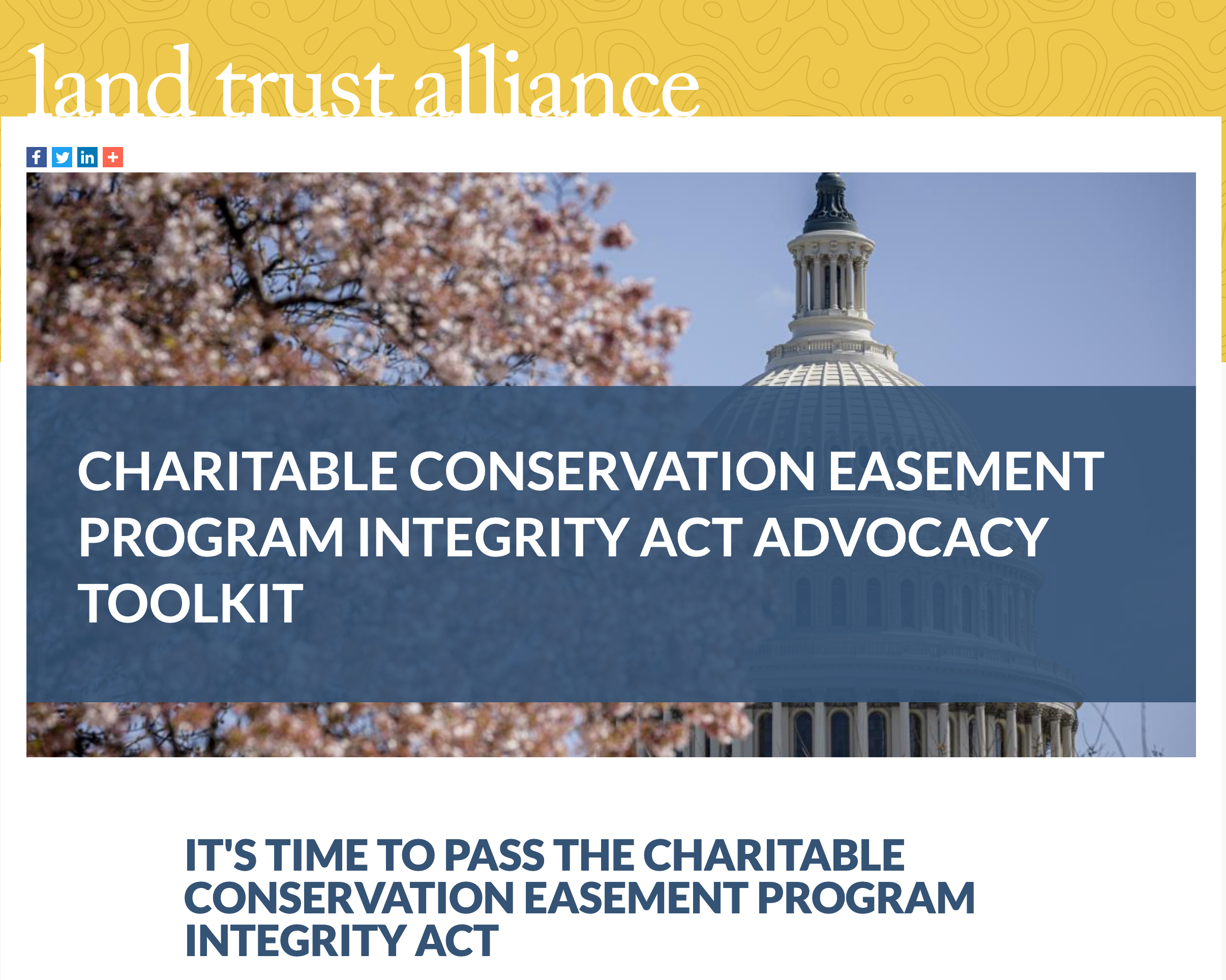In a recent blog, I opined that some conservation issues could serve as the basis for finding common ground in legislative arenas. No sooner had I written that, then, lo and behold, such an issue plopped in my in-box.
Conservation easements are a standard tool land trusts use in their business of preserving land and habitat. Madison Audubon has used them on occasion. A conservation easement is a legally binding and usually permanent restriction that prevents the landowner from developing a parcel of land or imposes strict limits on certain types of development.
Goose Pond’s Browne Prairie in fall.
Often a conservation-minded landowner will donate such an easement to a land trust. For example, the owner of a cabin on 120 acres of land with a lot of lake frontage in northern Wisconsin might donate a conservation easement to the Northwoods Land Trust ensuring that the rest of the land is never developed and that the forests, wetlands, and lake frontage will be managed for habitat and the preservation of water quality. Those restrictions reduce the market value of the land and the owner can take a tax deduction for the donation with its resulting decrease in value.
Now, let’s pause here to clarify: I am not a lawyer. If you want to explore creating a conservation easement on your land (great!), contact a certified land trust in your area.
Land trusts like those in the link above and Madison Audubon must work according to clear legal and ethical standards. I thought conservation easements were a well-used, -established, and -respected tool and that all was hunky-dory in that world.
Such a foolish belief these days.
Resources on how you can advocate for the conservation easement' program’s integrity, provided by Land Trust Alliance.
A racket has developed wherein some unscrupulous investors and their teams have found ways of grossly inflating the value of some conservation easements and claiming absurdly high deductions. Billions, yes you read that right, are being ripped off from our country. And the reputation of organizations like us land trusts which use conservation easements is suffering as a result.
The national land trust community has developed legislation to stop this abuse. The fix is genuinely worthwhile and bi-partisan legislation. Please use the following link to learn more about this issue and some easy ways to persuade Congress to stop this rip-off.
Thank you and take care,
Topf Wells, Madison Audubon board member and advocacy committee chair





